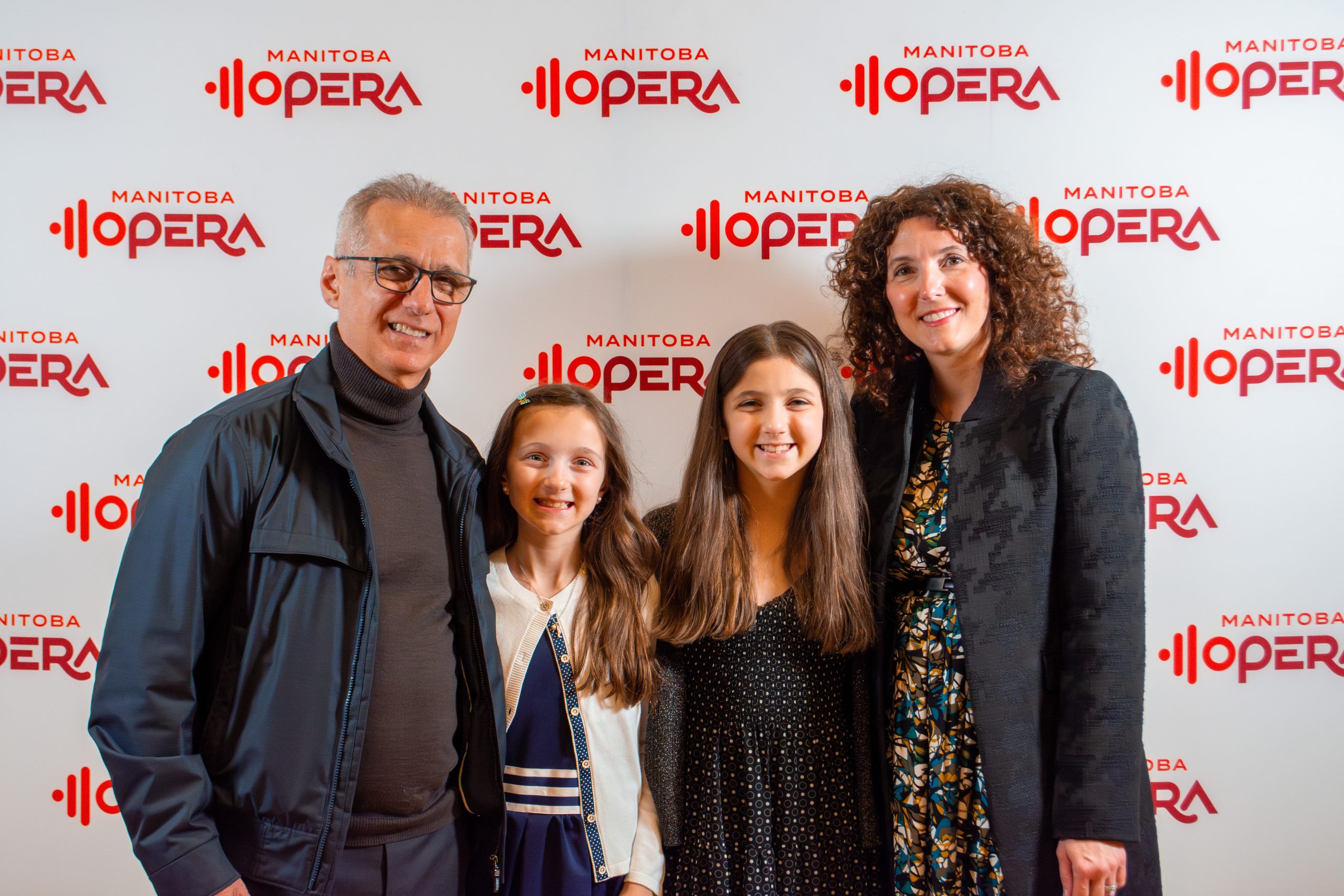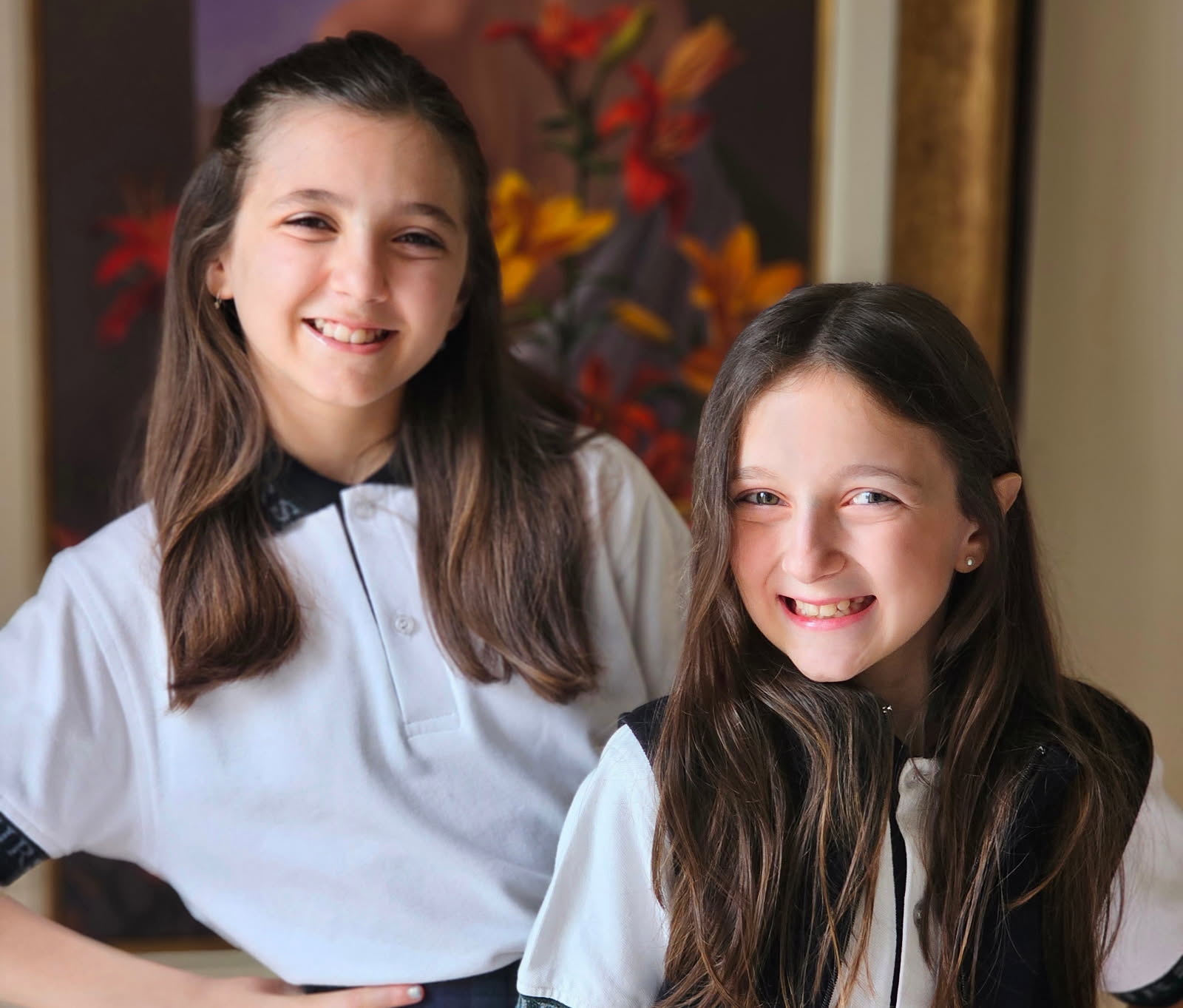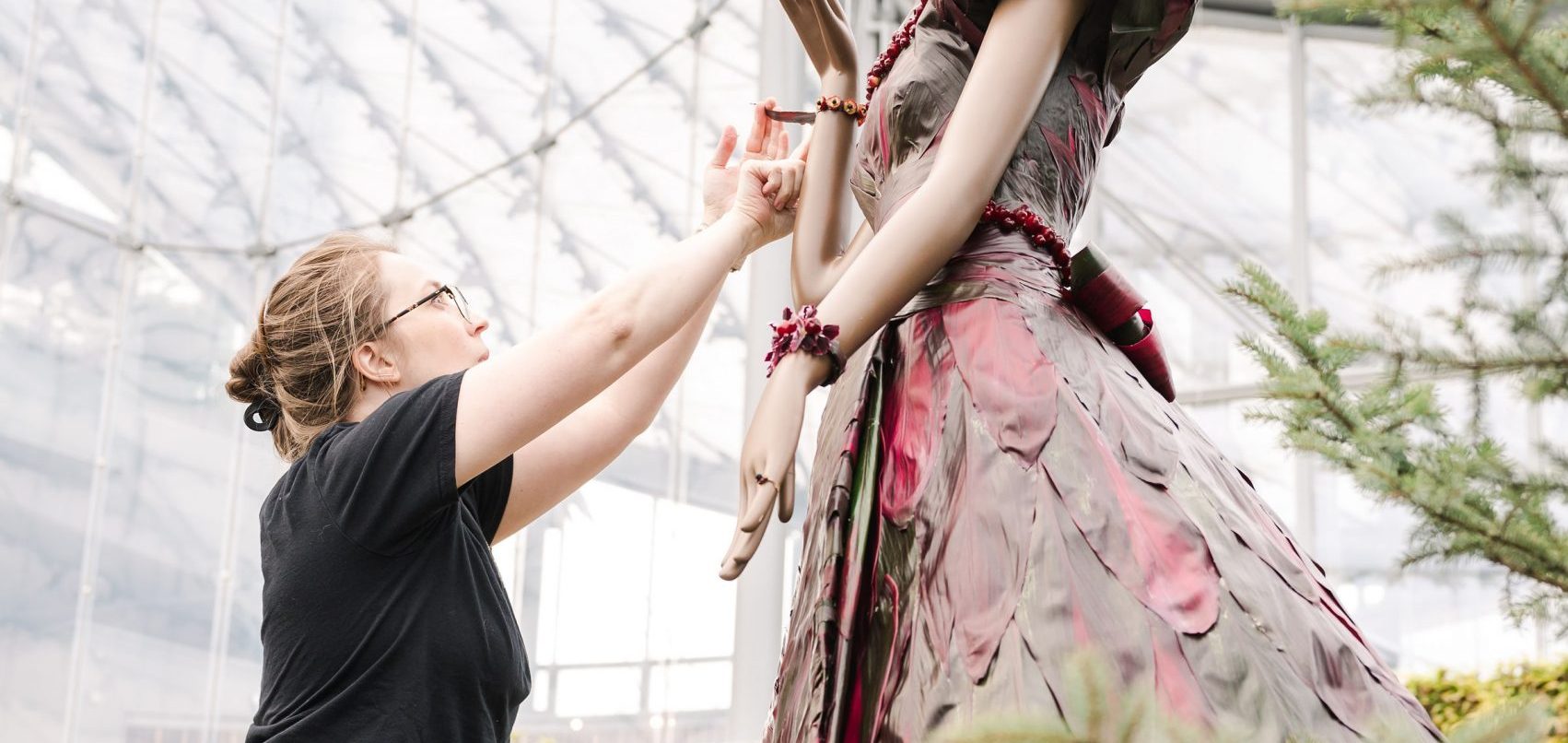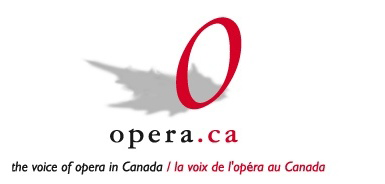Feb 27, 2023
The musical experiences of Anna Huisman and her daughter, Monica, span almost the full five decades of Manitoba Opera’s existence. Anna started singing in the MO chorus in 1974, and Monica recently co-hosted 50th season anniversary concert. In between, they’ve sometimes shared the stage, and they’ve always shared their passionate love of opera.
Anna, who immigrated to Canada from the Netherlands in 1951 with her family, was singing with the Winnipeg Philharmonic Choir in 1973 when Bruce Lang, then administrative director for Manitoba Opera, heard her and said, “Now where did this voice come from?”
He encouraged Anna to audition for the chorus. She started in the 1974 production of Carmen, and as Monica relates, “Apparently, this was my first opera, too. My mom took my sister and me to the dress rehearsal. I was four and my sister was six, and after that, we started going to every opera she was in.”
According to Monica, opera was always part of the Huisman household. Anna, whose love of music came from her mother, passed that gift on to Monica, who has appeared in many Manitoba Opera productions, including Hansel & Gretel, The Magic Flute, Cosí fan Tutte, Falstaff and La Bohème, as well as playing a lead in the commissioned opera Transit of Venus in 2007. Monica now teaches at the Desautels Faculty of Music at the University of Manitoba.
“My world was opened to opera because my mom loved it,” Monica says, and her operatic career, which has taken her across Canada and around the world, is rooted in both nature and nurture. “I got my voice from my mom,” Monica explains, “I was sitting on her lap when she was learning The Marriage of Figaro, and I was four-and-a-half or five and would sing along with her in Italian. That started my love of opera, and then it just slowly grew.”
By the time she was in her teens, Monica and her sister, Audrey, were cast as supers in Manitoba Opera’s 1984 production of Norma. Brother Andy became a super too, playing a guard in Aïda. Monica later moved on to the chorus, singing along with Anna in The Tales of Hoffman in 1991.
Even now, Anna’s influence stays with Monica. “Every opera she did, Mom always bought all the LPs and the full scores. I have all my mom’s scores, and they’re all signed. I have her original La Bohème from 1975, and she has it signed with all the artists, the conductor, and the director. It’s amazing to see the names of some of these people “
Asked to name their favourite operas, both Anna and Monica struggle to narrow down their choices. For Anna, Carmen, which was her first stage experience, remains a sentimental pick, but as she says, “I love them all. I just love opera.”
“My favourite opera to listen to is La Traviata, simply because it’s the best overture ever composed,” says Monica. “But my favorite production to be in, musically speaking and just singing-wise, is The Marriage of Figaro.” Then she adds, “No, wait. It’s a tie with La Bohème.”
What draws Monica to the art form is opera’s ability to “timelessly resonate with people and situations, even current global situations.”
Monica has watched how Manitoba Opera has adapted and changed over the decades, and in particular, how the organization was able to thrive during the challenges of COVID, through projects like the Digital Emerging Artists Program. Monica has been part of that program since its inception in summer 2020. “I remember the email from Scott [Scott Miller, Manitoba Opera’s Education and Community Engagement Coordinator], and it was literally when the whole world had just shut down in March, and everyone was thinking, now what? And we were on Zoom, which was still new back then, and we must have had an hour chat about what a great idea it was, how progressive it was.
“Manitoba Opera was the first to do that – to say, this is our platform, this is how things can go forward, this is how we can still engage people, this is how we give young artists a chance.
“And now the young artists are the ones showing us how this art form needs to progress, and how we need to think outside the box, and how we need to take the digital realm to a bigger scope. I’m completely overwhelmed by their creativity.”
“The Winnipeg musical community is unbelievably engaged,” according to Monica. “We have world-class musicians here. We have people who support the arts in a big way. We’re such a cultural city, with so many great musical programs and choirs, the theatres, the ballet. We might be small, but we’re mighty.
“I work with a lot of companies, and I say this not because Manitoba Opera is what I consider my company, my home company,” Monica continues. “But the feedback I always get from visiting artists is that there are just no airs about us. We know what we have to offer, and what we offer is pretty spectacular. People are always amazed by this big little gem.”
Anna retired from the chorus in 1993, which allowed her to watch her daughter from the audience, but the memories of her experience stay with her. “For all of those years it was my life, and I still think about it every day. I loved singing.”
Monica feels that too: “I literally walk into the Concert Hall and think, my mom’s life is in these halls, my entire life is in these halls. It’s so important to keep it going, for the next generations, for people to enjoy and for the artform to continue to evolve.
“Here’s to 50 more years!”









